 Bathrooms contain the highest concentration of plumbing pipes and fixtures in a house. Consider how much is compressed into this space: a sink, a faucet, a toilet, a bathtub or shower (sometimes both), supply lines for the fixtures and multiple drainpipes to remove wastewater. Bathroom plumbing can run into a range of issues, and you won’t be able to DIY most of them. They’ll require the knowledge and tools of professionals.
Bathrooms contain the highest concentration of plumbing pipes and fixtures in a house. Consider how much is compressed into this space: a sink, a faucet, a toilet, a bathtub or shower (sometimes both), supply lines for the fixtures and multiple drainpipes to remove wastewater. Bathroom plumbing can run into a range of issues, and you won’t be able to DIY most of them. They’ll require the knowledge and tools of professionals.
Below are a few of the most common troubles you may run into with the plumbing in your bathroom that will probably require a plumber in Winnetka, IL to correctly repair.

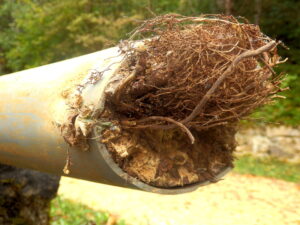 One of the key services we offer our clients is professional
One of the key services we offer our clients is professional 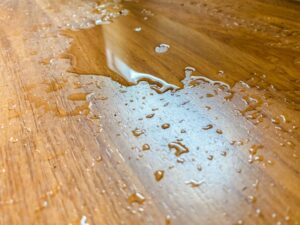 Plumbing problems cause worry, even smaller ones like clogged drains. When the problems are larger, they might make you feel panicked and think you need a professional plumber on site ASAP.
Plumbing problems cause worry, even smaller ones like clogged drains. When the problems are larger, they might make you feel panicked and think you need a professional plumber on site ASAP. 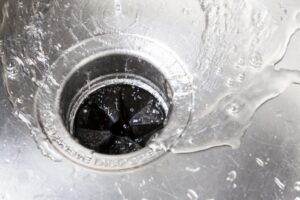 If you have a
If you have a 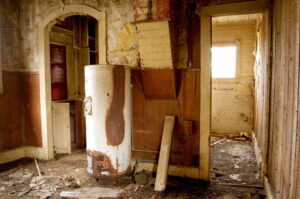 If you have a standard storage tank water heater, you probably know that rust isn’t something you want to see developing on it. Rust is the major enemy of metal that comes into contact with water, and it quickly weakens the metal until it turns useless.
If you have a standard storage tank water heater, you probably know that rust isn’t something you want to see developing on it. Rust is the major enemy of metal that comes into contact with water, and it quickly weakens the metal until it turns useless. We often talk about the problem of hidden leaks in residential plumbing. It’s easy for these leaks to go unnoticed for weeks or months while they raise water bills and inflict damage on building materials. But today we’re going to look at when a hidden leak becomes an obvious leak. Unfortunately, it’s an obvious leak that people often still overlook or delay at getting fixed. We’re looking at
We often talk about the problem of hidden leaks in residential plumbing. It’s easy for these leaks to go unnoticed for weeks or months while they raise water bills and inflict damage on building materials. But today we’re going to look at when a hidden leak becomes an obvious leak. Unfortunately, it’s an obvious leak that people often still overlook or delay at getting fixed. We’re looking at  You probably use your kitchen sink garbage disposal every day, and that kind of appliance becomes easy to take for granted. Even though a disposal uses a powerful motor and does the action of grinding down food waste, people often make the assumption that a disposal will just keep running without the need to replace it.
You probably use your kitchen sink garbage disposal every day, and that kind of appliance becomes easy to take for granted. Even though a disposal uses a powerful motor and does the action of grinding down food waste, people often make the assumption that a disposal will just keep running without the need to replace it. 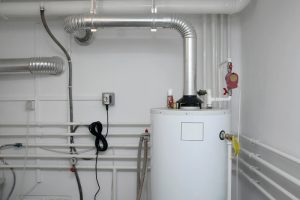 The water heater in your house can account for around 17% of the energy used in your home each year. That makes it the appliance that consumes the most power of any single indoor appliance in the household. Unlike a gas-powered furnace, you rely on your water heater almost every day, so it’s especially important to have it well taken care of. Without regular maintenance, a water heater can quickly become a huge energy drain and will wear down far faster.
The water heater in your house can account for around 17% of the energy used in your home each year. That makes it the appliance that consumes the most power of any single indoor appliance in the household. Unlike a gas-powered furnace, you rely on your water heater almost every day, so it’s especially important to have it well taken care of. Without regular maintenance, a water heater can quickly become a huge energy drain and will wear down far faster.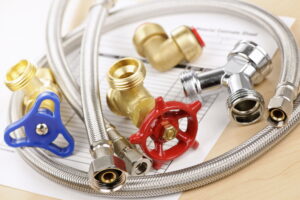 Nobody wants to deal with a huge plumbing emergency, but you have a great source for help when one does happen: you can call our team for
Nobody wants to deal with a huge plumbing emergency, but you have a great source for help when one does happen: you can call our team for  The job of your dishwasher is to make keeping clean easy—specifically, cleaning your dishes. A dishwasher is not only a time-saving device, it can also help reduce water consumption compared to hand-washing dishes. Dishwashers also use hotter water for cleaning than you can get out of your sink faucet, which more effectively kills off bacteria and gives the dishes a deep cleaning that makes them safer to use as well as more pleasant smelling.
The job of your dishwasher is to make keeping clean easy—specifically, cleaning your dishes. A dishwasher is not only a time-saving device, it can also help reduce water consumption compared to hand-washing dishes. Dishwashers also use hotter water for cleaning than you can get out of your sink faucet, which more effectively kills off bacteria and gives the dishes a deep cleaning that makes them safer to use as well as more pleasant smelling.